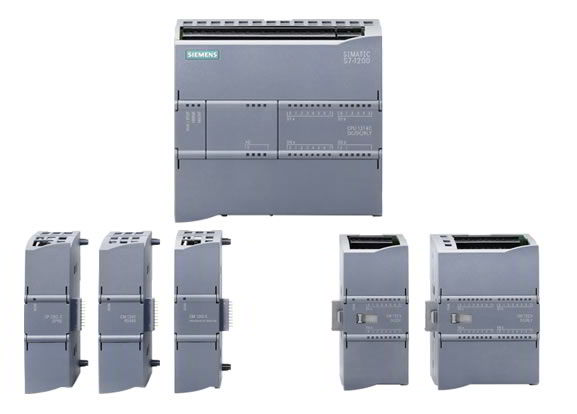PLC Training
Training staff members in PLC systems is becoming very popular due to business interests in the field of automation. PLC systems have been used in many industries. These systems play an important role in the field of industrial automation and are mainly used for electromechanical processes automation. A single system can control several machines. As its name indicates, a PLC is a "Programmable Logic Controller".




